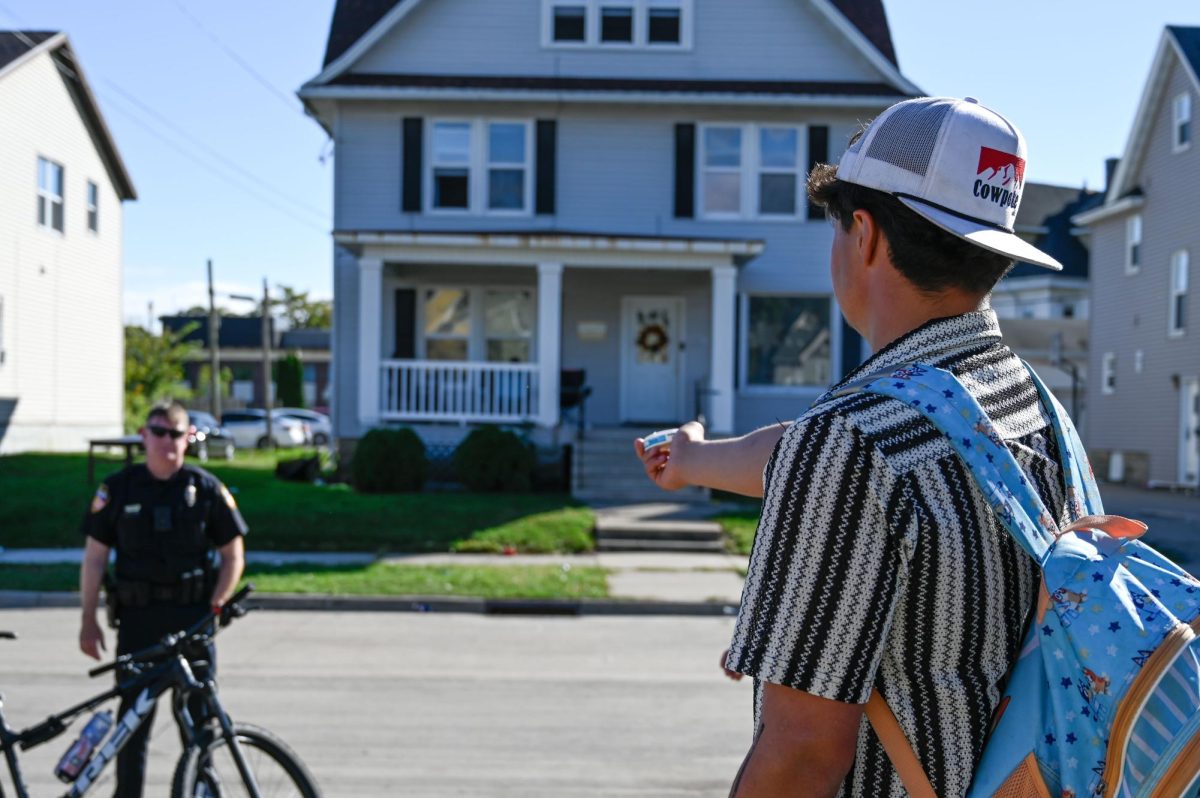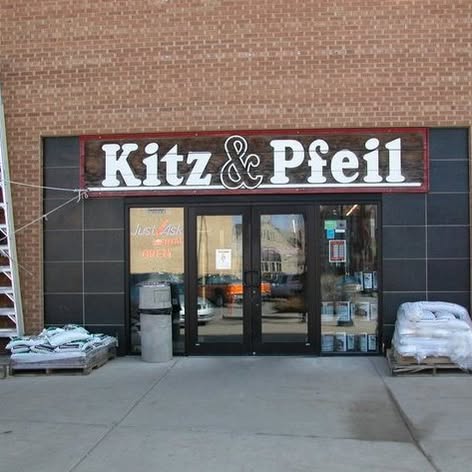
In order to combat rising college costs, an Oshkosh Student Association ad hoc committee will propose a textbook rental program that changes the way UW Oshkosh students and professors obtain necessary course materials, but bookstore employees aren’t convinced this is the best option for UWO. According to a study conducted by the Bureau of Labor Statistics, textbook prices have increased by 1,041 percent since 1977, three times the national inflation rate. Even with the rising costs, professors are feeling pressure from book companies to offer the latest editions of textbooks to their classes, creating a perpetual demand for new books. Biology professor James Lammers teaches an introductory biology course that requires a custom-published textbook, which he says is a cheaper alternative to the complete textbook offered directly through the publisher. “I am appalled at the prices charged for textbooks these days,” Lammers said. “Retail prices seem to far exceed what production costs and a reasonable profit would dictate.” OSA senator and textbook committee chair Andrew Sprung said it’s time UWO takes a step towards a large-scale textbook rental program to offset student costs and build more leverage when negotiating textbook prices. “I think that our professors should, if they take their job seriously as educators, want to have the students focused on the content of their class and not on all of these attributes about school,” Sprung said. “So many students are already consumed with things outside of the classroom while they’re in it.” Sprung looked to other schools like UW-Whitewater, which boasts one of the largest textbook rental programs in the nation, for ideas to apply at UWO. Sprung said it’s a good model to follow, not only for its program, but also because of UW-W’s similarities in size and course offerings compared to UWO. UW-W textbook rental manager Mike Lema said he’s able to order books for his store at a lower cost because publishers know Whitewater buys large amounts of books infrequently, putting more pressure on companies to make a sale. “The rising cost of books does impact us, but we can cut pretty good deals with publishers,” Lema said. “Our office is the final approval if [professors] can use a particular book, which is unusual. If [that book is] not in the budget, it doesn’t happen. Since publishers know that, they cut us a deal.” Rental options are offered for 95 percent of UW-W’s required course materials, with each student paying less than $100 for the service per semester. “The cost is the biggest benefit to students,” Lema said. “The average cost of textbooks is $750, and our kids pay $86.” Associate bookstore director Kathy Reilly said students could end up spending less money in the long run if they sell their books back to the bookstore during textbook buyback periods, but it will require some professors to change the way they select their books. “We can buy books back, and buy them back for more, if they keep being used on campus,” Reilly said. “It’s also better for sustainability. If you can re-use the book, it’s better than getting a custom-published book that is only good one semester or a looseleaf book that isn’t very good on the buyback market.” For example, if students spend $75 on a used textbook, they could sell it back to the bookstore for $50. That way, students would only be spending $25 to use that book. Rental textbooks cost less upfront, but students lose the ability to sell their books back and potentially receive most of their $75 back, according to Reilly. Reilly and Sprung agree students save the most money when professors do not require different materials every semester for the same course. Frequent changeover prevents the bookstore from restocking inventory for later use because they need to get rid of old books to make way for the new ones. “There’s the difficulty of professors not teaching the same course, so the same professor isn’t teaching the same course semester-to-semester, so unless they can get all of the professors to agree, there’s always going to be a change in the book,” Reilly said. “You have to have agreement that all of the [professors] are going to use the same book.” Oshkosh’s University Books and More does currently have a small rental program that offers texts for a handful of courses. “It’s not really a benefit because there’s not that many books, and it’s not highly known, and it’s not used by a lot of people,” Sprung said. Reilly said she tries to make books that are regularly used available for rent, but there is no surefire way to ensure the professor won’t change their mind and switch books. “I knew Math 206 always used the same book, so I made that a rental,” Reilly said. “Unfortunately, the semester I did it, they used that book for a year, and then they decided not to use it anymore. I try to do my best guess on a rental program.” Sprung said a rental program will solve bigger problems than just the skyrocketing textbook prices students face every semester. He said it has the opportunity to improve student retention and enrollment, something UWO has struggled with in recent years. “We need to offer incentives for being here,” Sprung said. “In a way, this would be an incentive because it would be cheaper.” Sprung said professors would also need to be incentivized to commit to a textbook for a few years. Senators haven’t determined what that incentive would be, but Sprung said they do not want to force professors into something they don’t benefit from. UW-W follows the rule that a professor must use a textbook for a minimum of three years before they are allowed to change it, except for extreme circumstances. “[The policy] does cut into the individuality of the professor and their ability to teach uniquely from other teachers,” Lema said. Sprung said he hopes professors become more willing to re-use books as the program catches on. “Even the professors with negative connotations may become more influenced by their colleagues switching over and the demand for it,” Sprung said. “We’re not going to try to force them, that’s not the right tactic to begin with. When you try to force people to do something, nothing really gets done.” If the University decides to act on the potential rental program, Sprung said he will take UW-W’s advice and implement the program slowly, gradually adding more courses each semester until the majority of books are available through the rental program. “A rental program is very intimidating because the up-front cost is pretty steep” Lema said. “I have over five million dollars in inventory. It took decades to build that. [Oshkosh should] start with a department that’s willing to commit to the same books for a longer period of time, then when students sign up for those courses they are charged for those books instead of the entire student body. If you build on that every year, little by little into a full rental program you can get to a system like ours where 95 percent of materials are covered.” In the following weeks, the committee will be finalizing its proposal and educating other students on their plans. Sprung said it will be a slow process as they iron out details about facilities, access codes and logistics, but they hope students will get behind their effort to convince to expand UWO’s rental program.








